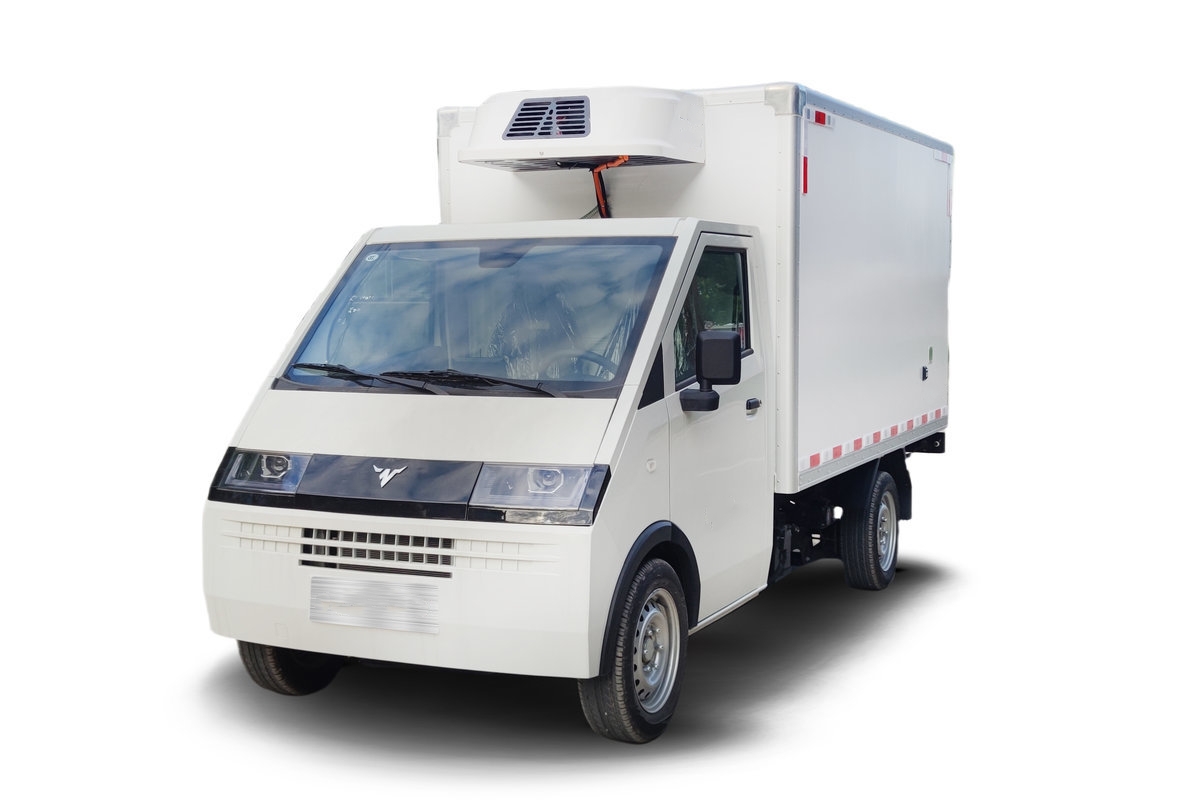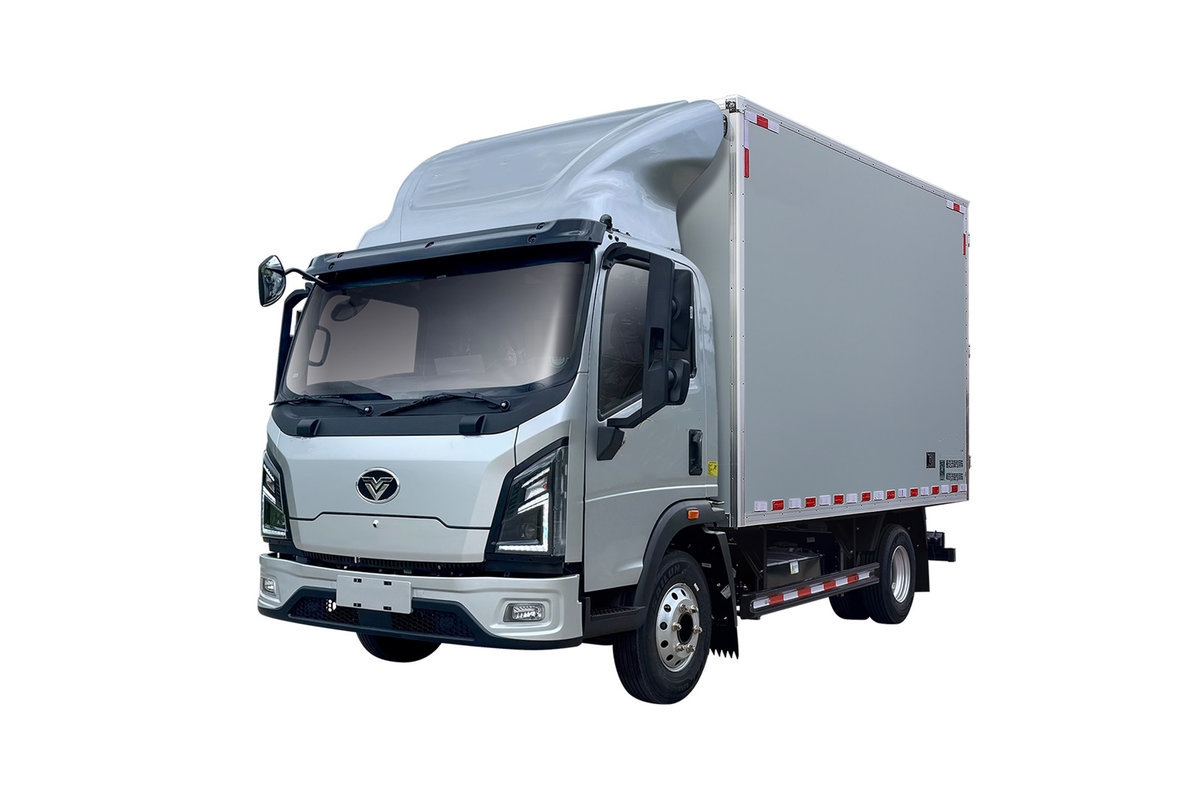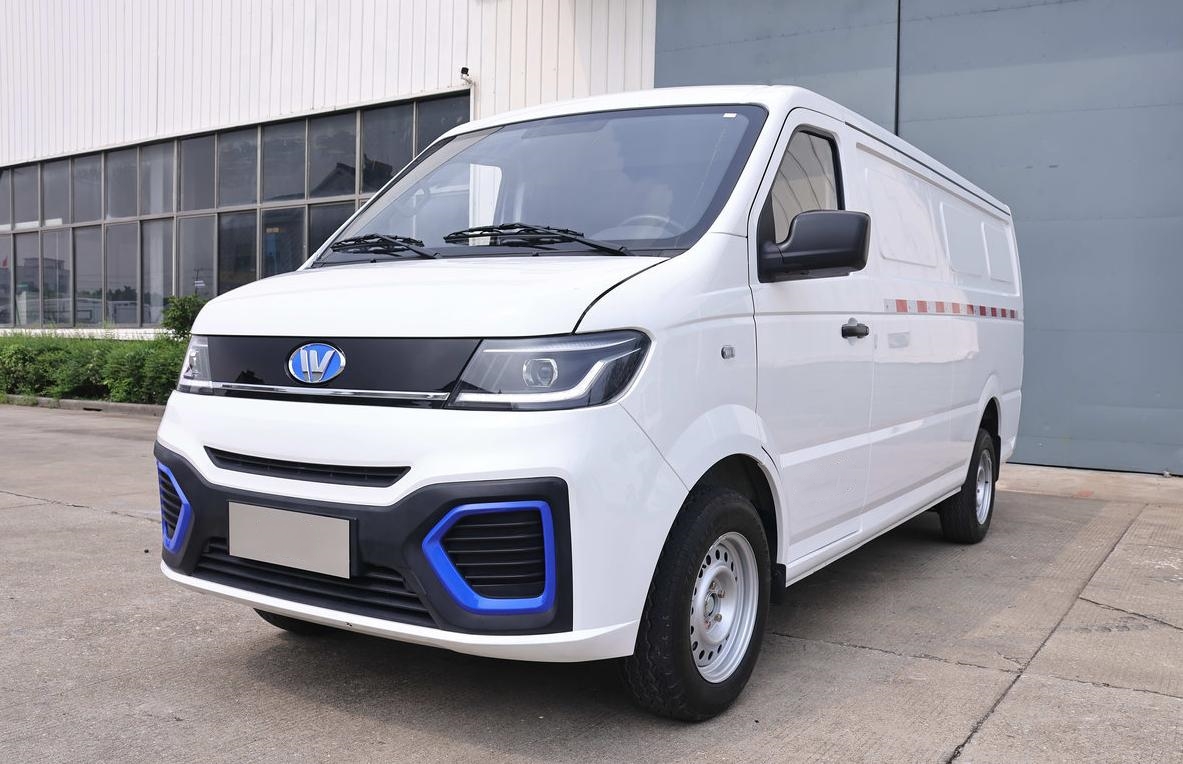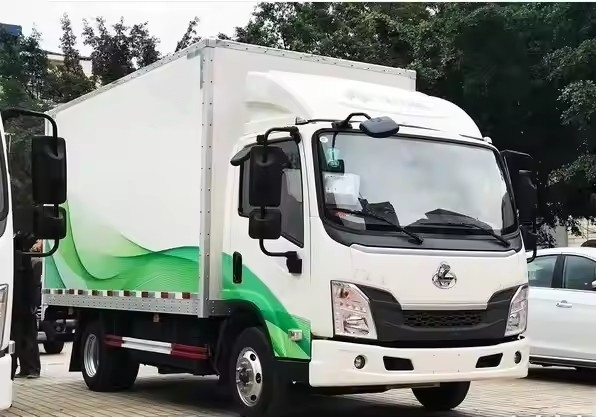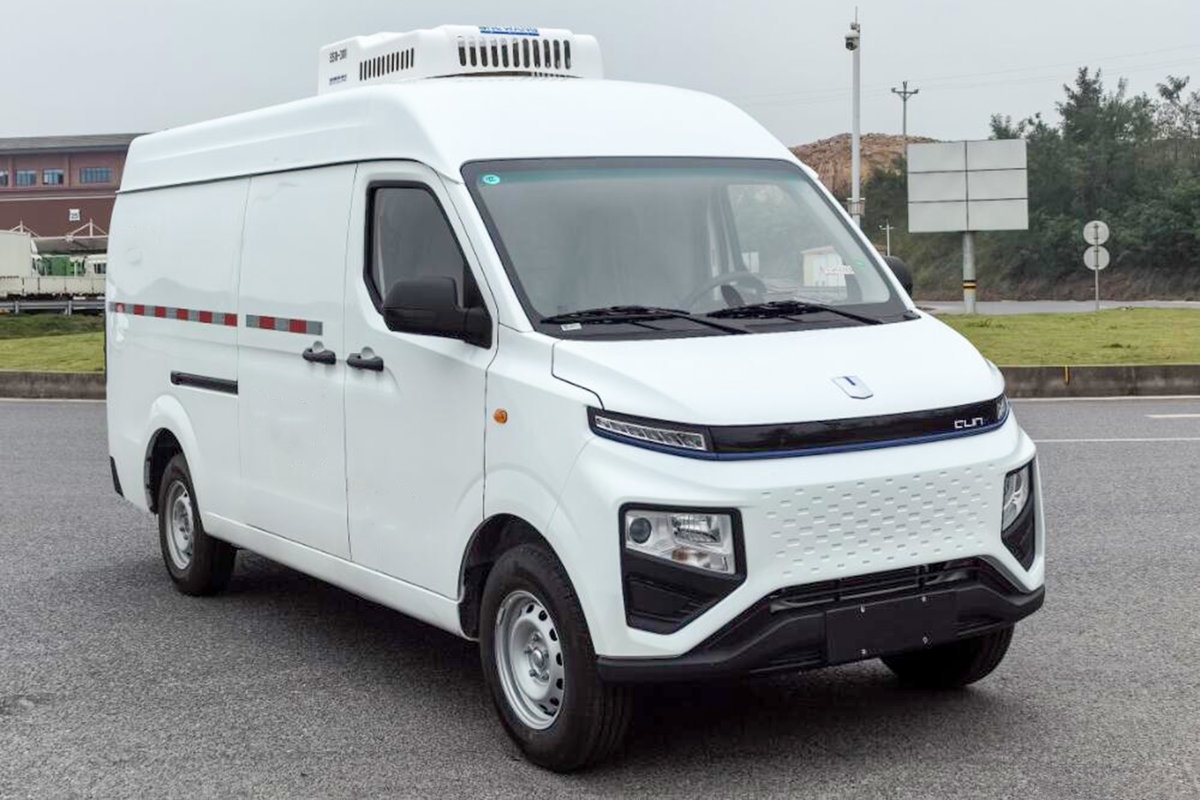In the era of booming development of electric vehicles, the use of electric vehicle charging piles has become an essential part of daily life for electric vehicle owners. However, before charging, there are many important steps and precautions that need to be taken seriously to ensure the safety and smooth progress of the charging process. […]
Author Archives: Electric Trucks
1. Introduction In the realm of new energy vehicles, power battery systems are the cornerstone of their operation. As the demand for electric vehicles continues to grow, ensuring the reliability and performance of these battery systems under various environmental conditions becomes of utmost importance. Among the different environmental factors, temperature variations have a significant impact […]
With the continuous development of the new energy vehicle industry, new energy electric trucks are gradually becoming an important force in the logistics transportation field. Just like any other vehicle, proper maintenance is crucial for new energy electric trucks to ensure their optimal performance, reliability, and long – term service life. However, due to the […]
1. Introduction In the realm of new energy electric vehicles, power battery systems are the cornerstone of their operation. As the demand for electric vehicles continues to soar globally, ensuring the reliability and performance of these battery systems across diverse environmental conditions becomes of utmost importance. Among the various environmental factors, high – temperature and […]
With the rapid development of the automotive industry, new energy electric vehicles have become an increasingly popular choice among consumers. Powered by batteries and electric motors instead of traditional internal combustion engines and transmissions, these vehicles offer a more environmentally friendly and energy – efficient mode of transportation. However, many people are left wondering: do […]
As the southern regions are about to welcome the summer, the weather is getting hotter day by day. With the arrival of high – temperature days, new energy electric vehicle owners need to be aware of several important precautions to ensure the safe and efficient operation of their vehicles. Here are some key points to […]
In the past month or so, the southern regions have been continuously hit by heavy rains, and the rainfall in many areas has refreshed historical records. When driving during the rainy season, vehicles often have to wade through water. After all, automobiles are not designed for amphibious use, and even the shallowest puddles should not […]
1. Introduction In the burgeoning field of new energy vehicles, motor testing stands as a cornerstone in ensuring the quality, performance, and safety of these vehicles. As the global automotive industry is rapidly shifting towards electrification, both vehicle manufacturers and component suppliers are under increasing pressure to meet stringent testing requirements. In China, the access […]
In today’s rapidly evolving automotive industry, new energy electric vehicles have emerged as a revolutionary force, reshaping the way we commute and interact with transportation. The battery, serving as the lifeblood of these vehicles, plays a pivotal role in their performance, range, and overall functionality. As major automotive brands continue to roll out an array […]
In hybrid vehicles, the power battery typically uses high-power batteries composed of multiple lithium or nickel-metal hydride cells connected in series. These batteries are characterized by high charge and discharge power, low loss, and high instantaneous discharge current. Internal resistance is a very important technical parameter for power batteries as it measures the ease of […]
